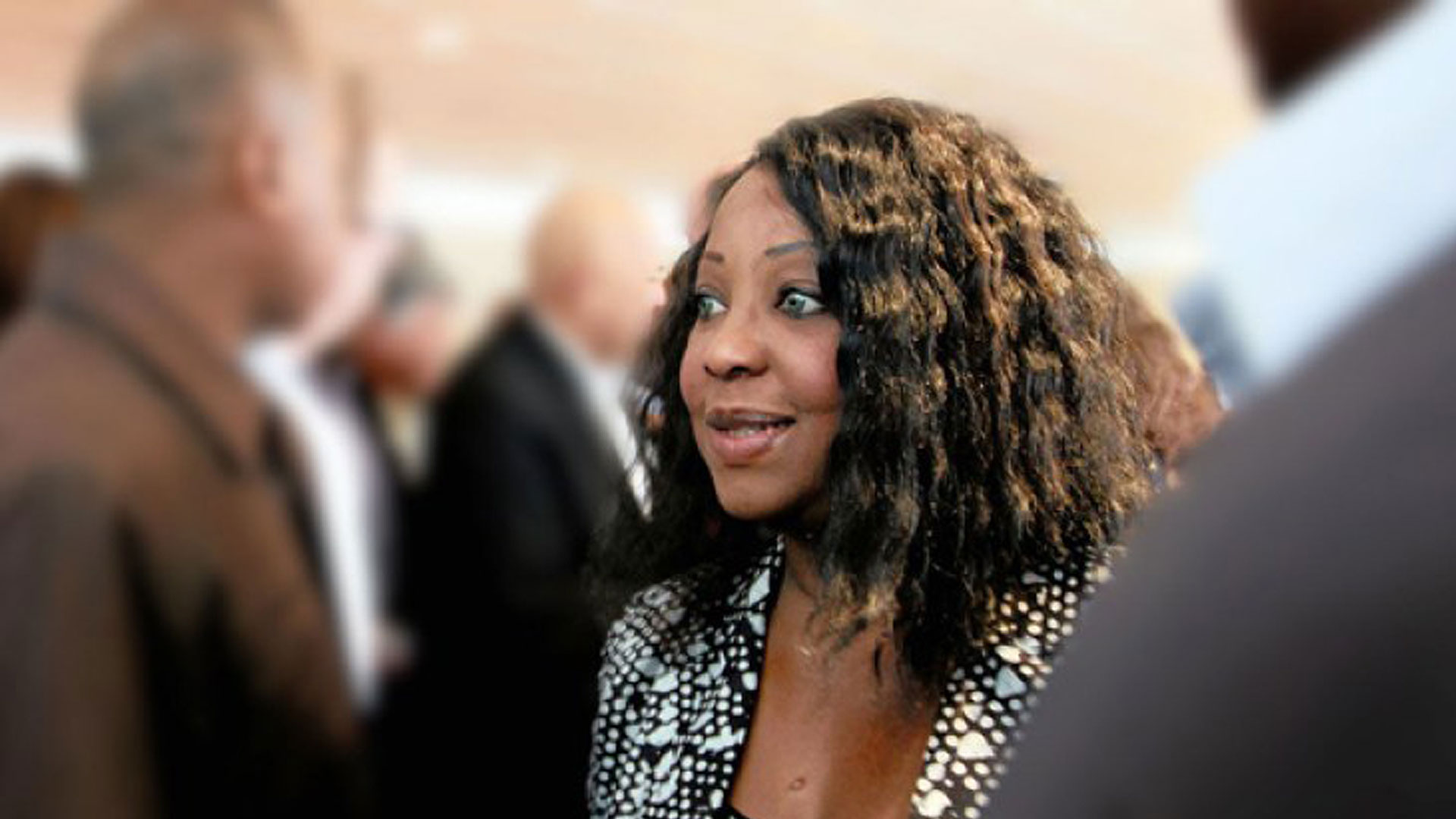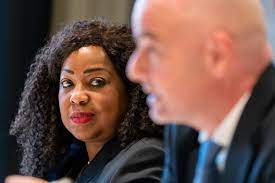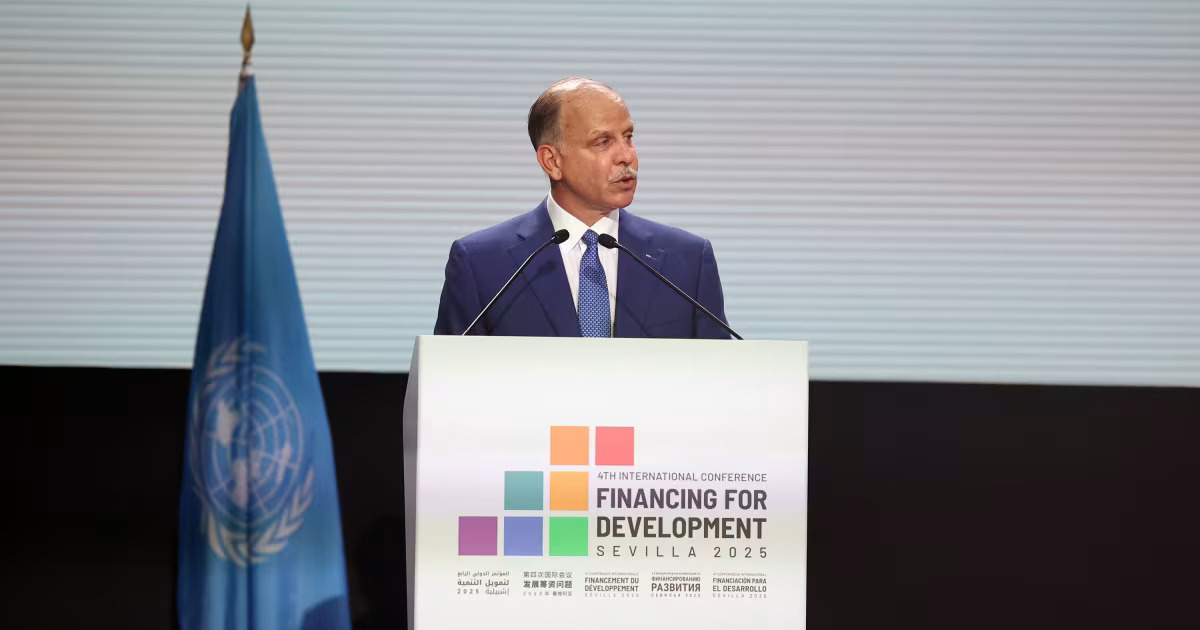FIFA Urges Broadcasters in Big Euro 5 to Increase Offers for Women’s World Cup

FIFA Secretary General Fatma Samoura is urging broadcasters to reconsider and increase their offers in order to avoid a TV blackout of the upcoming Women‘s World Cup in the five major European countries: the United Kingdom, France, Germany, Italy and Spain.
“Discussions are ongoing, but I cannot see a country like France, which hosted

this same World Cup four years ago, not broadcasting it,” Samoura stated.
The Women‘s World Cup, with 32 teams vying for the trophy this year, is taking place in Australia and New Zealand from July 20th to August 20th. During an interview with AFP in Paris this past Sunday, Samoura expressed her dismay at the lowball offers they are receiving from broadcasters in the Big 5.
“The offer we have received did not meet FIFA‘s expectations, as the president clearly said,” Samoore noted in reference to France.
FIFA President Gianni Infantino had earlier estimated that broadcasters were offering somewhere in the ballpark of 1 to 10 million dollars for the rights to show the Women‘s World Cup, a far cry in comparison to the 100 to 200 million dollars for the men‘s version.
“Everyone is talking about equality. We would like these words to be transformed into actions. The simplest action is to value the World Cup at a fair price. That is all we are asking for,” Samoura added. The time difference between Europe and Australia and New Zealand further complicates the negotiations.
The final is set to take place in Sydney at 8 pm on August 20th, which is 11 am London time and noon Paris time. “France‘s three (group) games are scheduled at midday French time in summer, when everyone will be on holiday,” Samoura expressed.
“I don‘t see the problem. It is a non–argument. The TV companies need to put a bit more money on the table and accept to come back to the negotiating table, with prices that properly reflect the passion for the most popular sport in Europe.”
Broadcast deals have already been agreed with 155 countries, but securing the remaining countries is of utmost importance to FIFA. “Now is the time to turn the spotlight on women‘s football and show that it is just as important as the men‘s game,” Samoura noted.
“For a long time, the broadcasters have been used to paying a symbolic fee to buy women‘s competitions and (among FIFA competitions) only the men‘s World Cup was fairly valued.
Sponsors and broadcasters play a crucial role in the development of women‘s football and I would like to see them provide actual, major backing.”
It's free to join the team!
Join the most engaged community in the Sports Business World.
Get all the latest news, insights, data, education and event updates.






